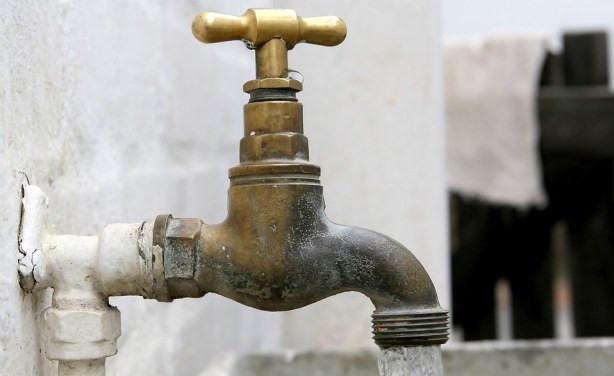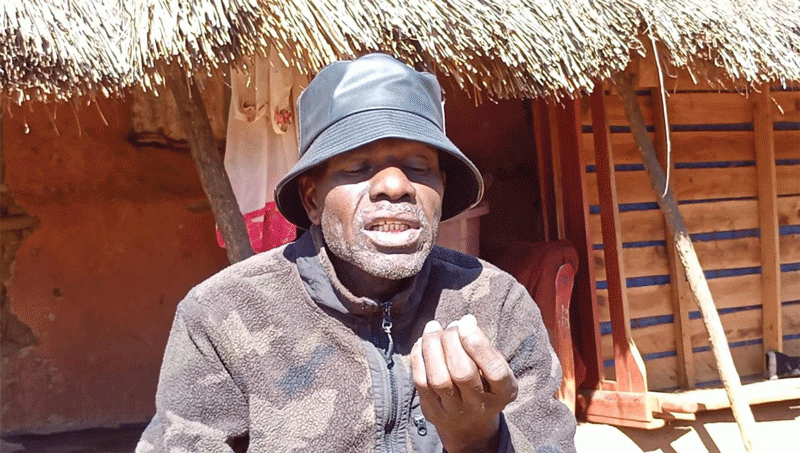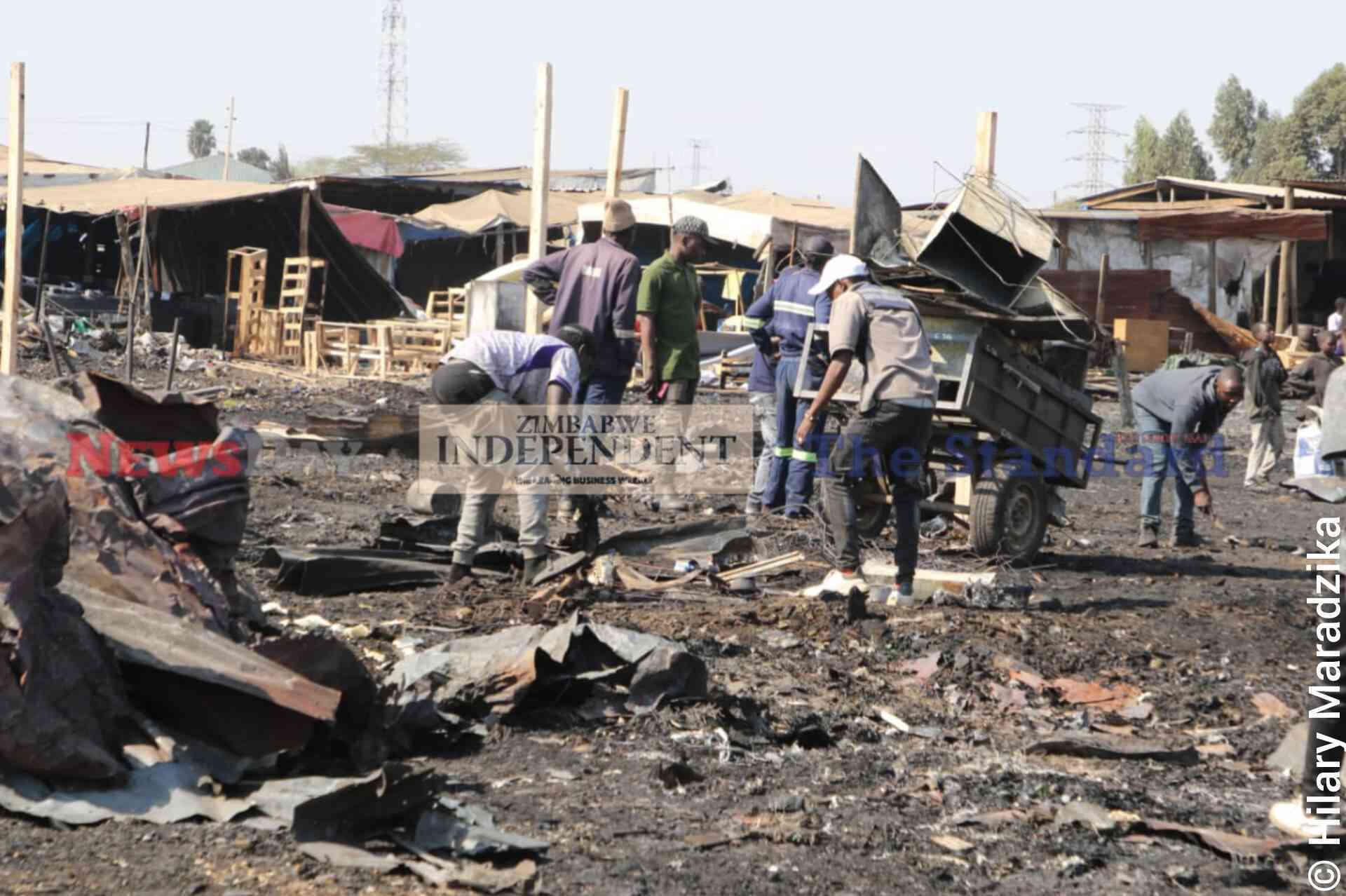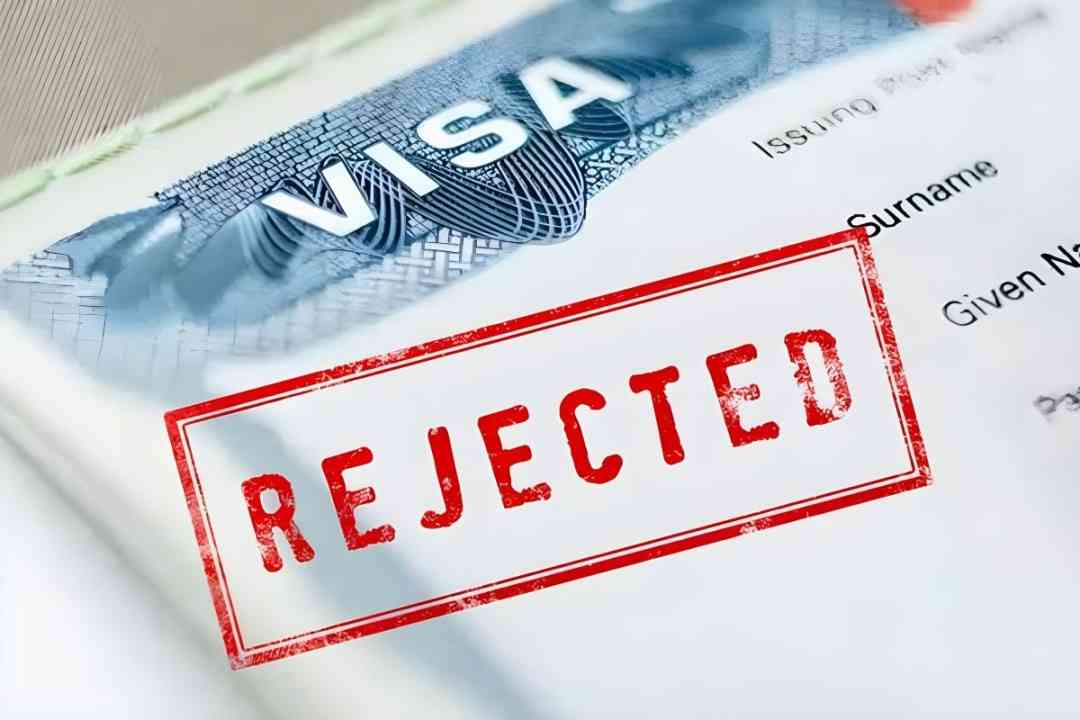
ZIMBABWE is moving fast into feudal capitalism. Soon, there will be no longer any public goods. They have literally privatised health, education and energy (fuels and electricity) and now they are going for something as basic as water.
Privatisation of water has long been in the making, with many local authorities trying to implement, without success, pre-paid water meters for domestic consumers.
The pre-paid phenomenon is now found across all public goods — health, education and electricity.
However, the process of privatising water now has the green-light from President Emmerson Mnangagwa’s Cabinet. This is not a shocker from Mnangagwa and his chief of Treasury, Mthuli Ncube, an Oxford don and pro-capital economist. The “Zimbabwe open business” mantra is in action.
Mnangagwa’s Cabinet this week authorised the privatisation of water during its Tuesday meeting. The message was couched in euphemisms, but to a discerning eye, the message is crystal clear.
The post-Cabinet statement said: “In this regard, Cabinet approved the following measures: that further institutional and structural reforms be explored to attract the private sector investment in dam construction; and that the review and alignment of the Water Act and the Zinwa Act be expedited to modernise them and enhance developments in the water sector in pursuit of Vision 2030.”
Vision 2030 is the government’s economic blueprint that says Zimbabwe should be an upper-middle income country by the end of this decade. It is anchored on privatisation of many government assets and services.
This is based on gross domestic product per capita, a formula that looks at the total national income divided by the total population.
- Mr President, you missed the opportunity to be the veritable voice of conscience
- ED to commission new-look border post
- Zanu PF ready for congress
- EU slams Zim over delayed reforms
Keep Reading
This arbitrary figure can be arrived at even if two or three Zimbabwe Stock Exchange-listed blue-chip companies double their share price or big mines increase their production levels or even have a spike in global commodity prices.
For the avoidance of doubt, the income per capita has no relation to how many citizens have access to health or education or better housing or worse still, proper water and sanitation.
Closer home, South Africa is an upper-middle income country, but there are millions who still use bucket toilets, live in squalor in areas such as Soweto, Diepslot and Khayelitsha.
And for a good measure, a country worldly known as the most unequal society in the world.
Let us scrutinise what Mnangagwa and company mean by their new water policy in terms of provision of water to the public and its potential implication on the poor working class.
The Cabinet said: “In order to ensure cost recovery tariffs for both clear and raw water, local authorities and Zinwa will continue to review and align their tariff structure to ensure sustainability in maintaining water infrastructure and supply services, with the tariffs being approved by Cabinet before implementation to ensure alignment from an affordability point of view.”
Let us analyse the phrases “ensure cost recovery tariffs” and “review and align their tariff structure to ensure sustainability”.
Cost recovery tariffs means that the average tariff aligns with the average tariff cost of service as measured by tariff as a percent of cost.
In simple terms, if it costs, for example 10 cents, to treat and deliver 10 litres of water to a house, then the tariff for water would be the same. The water utility would not, therefore, receive revenue equivalent to the costs involved in providing a service.
The term sustainability means the authority will periodically review the tariff to meet any changes in inflation or new overheads in providing the service and keep the authority as a going concern.
The Cabinet further clarified what it meant by the above when it said: “Water management authorities should take urgent steps to implement innovative revenue generation measures for approval by Cabinet.”
This is another statement softened by the diction chosen not as to scare the public, but in reality, means water suppliers should improve revenue collection.
How do water suppliers increase revenue collection? There are two main ways they can do this. It is either they charge upfront, that is pre-paid or cash on delivery. This will be hard for the poor, especially in a country with low wages and high unemployment.
We have noticed in the past that local authorities have toyed around with the idea of pre-paid water meters.
However, this will make life difficult for the poor as experience in other services that has been made pre-paid has shown.
Zimbabweans have an experience with pre-paid mobile cellular phones and electricity.
For mobile phones, the poor sometimes send “please call me back” to the people they want to communicate with.
For electricity, people have alternative sources of energy like firewood and liquified gas.
However, it is not clear how the poor will find an alternative to water if it is pre-paid.
Water privatisation is an ongoing programme that was initially funded by the International Monetary Fund and World Bank.
To date, no country can clearly argue that after privatising water and charging cost-recovery tariffs, they have managed to get clean water to all its citizens.
The call to privatisation is a bad thing for development. It should be clear that many countries, including the leading capitalist States, have started to nationalise services like health, water, energy, education, transport and housing. Zimbabwe should not be taking steps to go where others are coming from.
It is important that this experiment of privatising water should be stopped dead in its tracks.
It is anti-poor and anti-development, especially in a country that has had two water-related epidemics in the last decade-and-a-half.
- Paidamoyo Muzulu is a journalist based in Harare. He writes here in his personal capacity.











